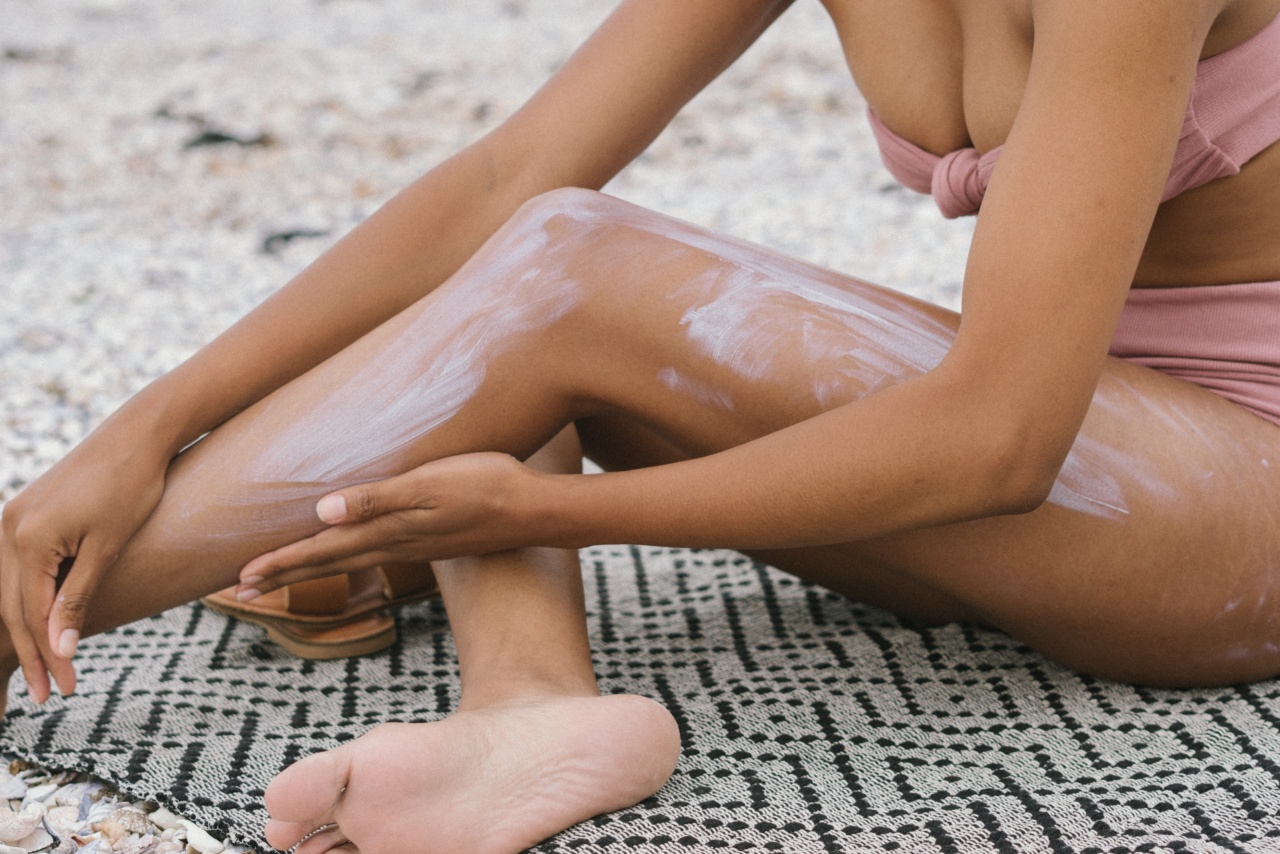Summer is just around the corner, and that means it’s time to start thinking about sun protection. Whether you’re planning a beach vacation or simply spending more time outdoors, sunscreen is a must-have item.
But with so many options available, it can be overwhelming to choose the right one. In this article, we will answer twelve of the most common questions about sunscreen to ensure you have a burn-free summer.
1. Why is sunscreen important?
Sunscreen is crucial for protecting your skin from the harmful effects of the sun’s ultraviolet (UV) rays. These rays can cause sunburn, skin aging, and even contribute to the development of skin cancer.
2. How does sunscreen work?
Sunscreen contains active ingredients that either absorb or reflect the sun’s UV rays. Chemical sunscreens typically absorb the rays, while physical or mineral sunscreens reflect them.
Both types provide protection, but physical sunscreens are often recommended for sensitive skin.
3. What is the difference between SPF and PA?
SPF (Sun Protection Factor) measures the sunscreen’s effectiveness against UVB rays, which primarily cause sunburn. The higher the SPF number, the greater the protection.
PA (Protection Grade of UVA) is a rating system used in some countries to measure the sunscreen’s protection against UVA rays, which penetrate deeper into the skin and contribute to skin aging.
4. How often should I apply sunscreen?
It is recommended to apply sunscreen at least every two hours, or more frequently if you are sweating heavily or swimming. Even water-resistant sunscreens may lose their effectiveness over time, so reapplication is crucial.
5. Can I use last year’s sunscreen?
Sunscreens have an expiration date, usually printed on the packaging. Expired sunscreen may not offer the same level of protection, so it is advisable to purchase a new bottle each year.
6. Are all sunscreens waterproof?
No, not all sunscreens are waterproof. However, many sunscreens now come in water-resistant formulas, which provide protection for a certain period of time while swimming or sweating. Always check the label for specific instructions.
7. Can I use sunscreen on infants and young children?
Yes, it is safe to use sunscreen on infants and young children. However, it is recommended to use a sunscreen specifically formulated for children, as their skin is more delicate.
Babies under six months old should avoid direct sun exposure and instead be protected by shade and clothing.
8. Should I wear sunscreen on cloudy days?
Yes, even on cloudy days, UV rays can penetrate the clouds and cause damage to your skin. It is important to wear sunscreen daily, regardless of the weather.
9. Can I wear makeup over sunscreen?
Yes, you can wear makeup over sunscreen. Look for makeup products that include SPF or apply sunscreen as a base layer before applying your makeup. Additionally, consider using a powder or setting spray with SPF for added protection throughout the day.
10. Is sunscreen the only form of sun protection I need?
No, sunscreen should be used in conjunction with other sun protection measures. Seek shade when the sun is strongest, wear protective clothing, such as long-sleeved shirts and wide-brimmed hats, and use sunglasses to protect your eyes from UV rays.
11. Can I still get a tan while wearing sunscreen?
Yes, you can still get a tan while wearing sunscreen, as sunscreen does not completely block UV rays. However, wearing sunscreen can help prevent sunburn and minimize the harmful effects of UV radiation on your skin.
12. What should I do if I get sunburned?
If you do get sunburned, it’s essential to take immediate action to soothe your skin. Take a cool bath or shower, apply aloe vera or moisturizing lotion, and avoid further sun exposure until your skin has healed.
Severe sunburns may require medical attention.



























